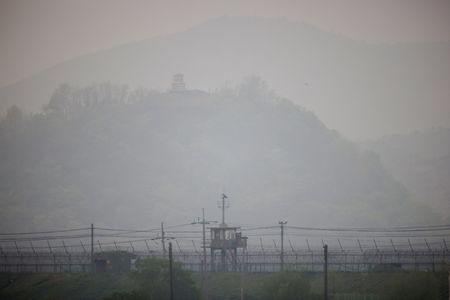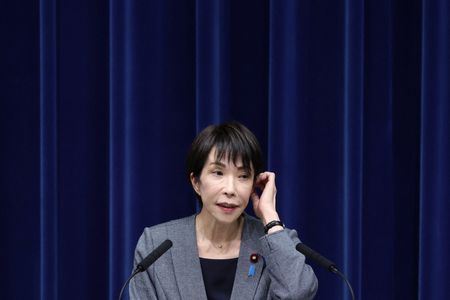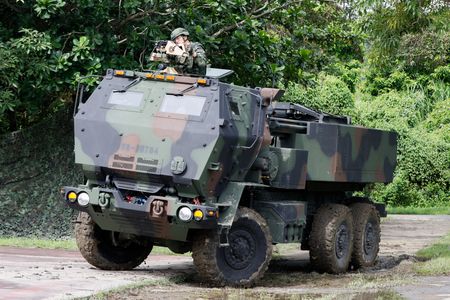By Trevor Hunnicutt
WASHINGTON (Reuters) -U.S. President Joe Biden is considering a trip to the Korean Demilitarized Zone when he visits Asia later this month, White House press secretary Jen Psaki said on Thursday.
Biden is expected to visit South Korea and Japan from May 20-24 and hold talks with his South Korean and Japanese counterparts.
Psaki said the White House was still finalizing details of the Asia schedule.
Many foreign dignitaries visiting the region make a trip to the heavily fortified DMZ separating the two Koreas.
Several former U.S. presidents, and Biden himself before he became president, have visited the DMZ, but former President Donald Trump became the first to have met a North Korean leader there when he held a third meeting with Kim Jong Un in June 2019 as part of his unsuccessful effort to persuade Kim to give up his nuclear and missile programs.
The DMZ is often described as the world’s last Cold War frontier and has existed since the 1950-53 Korean War ended in a armistice rather than a peace treaty.
Psaki repeated a U.S.
assessment that North Korea could be ready to conduct a seventh nuclear test as early as this month. North Korea has not tested a nuclear bomb since 2017, but resumed testing of intercontinental ballistic missiles this year.
“We shared this information with allies and partners and are closely coordinating with them,” Psaki said.
South Korea’s presidential official also said the North appeared ready for a new nuclear test, adding that it could launch more missiles before another test, according to the Yonhap news agency.
North Korea has recently stepped up weapons tests and resumed intercontinental ballistic missile (ICBM) launches this year for the first time since 2017.
U.S.
and South Korean officials have been saying for weeks that there are signs of new construction at Punggye-ri, North Korea’s only known nuclear test site, and that Pyongyang could soon test another bomb.
North Korea fired three ballistic missiles towards the sea off its east coast on Thursday, South Korea and Japan said.
In condemning the latest launch, the U.S.
State Department said it remained committed to a diplomatic approach with North Korea and reiterated a call for Pyongyang to return to dialogue.
(Reporting by Trevor Hunnicutt, David Brunnstrom and Jarrett Renshaw; Additional reporting by Soo-hyang Choi in Seoul; Editing by Chris Reese, Mark Porter and Sandra Maler)






